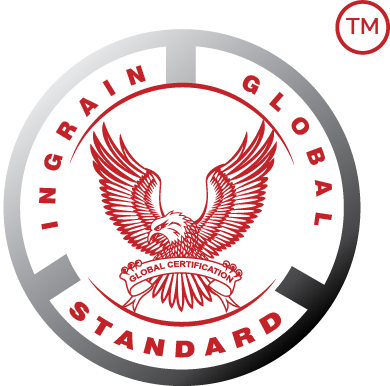Email us at : [email protected] / [email protected]
Call us for any questions : +91 98942 63543 / +91 98942 09907
-
D 127 Rajam Road, TVS Nagar,
Madurai, Tamil Nadu 625 003 -
Mon - Sat 09.30 - 06.30
Sunday Closed
ISO 22000:2018
ISO 22000:2018 is an international standard for food safety management systems (FSMS) published by the International Organization for Standardization (ISO). It outlines the requirements for organizations in the food industry to establish, implement, maintain, and continually improve a food safety management system.
Benefits
Enhanced Food Safety: ISO 22000 helps organizations identify and control food safety hazards, ensuring the production of safe and high-quality food products.
Compliance with Regulatory Requirements: Meeting the requirements of ISO 22000 demonstrates a commitment to food safety and can assist in complying with relevant regulatory standards.
Market Access and Credibility: ISO 22000 certification is often recognized globally and can provide a competitive edge, facilitating market access and enhancing credibility in the food industry.
Improved Supply Chain Management: Implementing ISO 22000 can improve communication and collaboration with suppliers, ensuring the safety of raw materials and ingredients.
Risk Management: The standard encourages a systematic approach to identifying, assessing, and managing food safety risks, helping prevent incidents and mitigate potential issues.
Operational Efficiency: Implementing standardized processes for food safety can lead to improved efficiency and resource utilization in food production and handling.
Consumer Confidence: Certification to ISO 22000 can instill confidence in consumers that the organization is committed to producing safe and high-quality food products.
Continuous Improvement: The focus on continual improvement fosters a culture of ongoing learning and development within the organization, leading to enhanced food safety practices.
ISO 22000:2018 provides a framework for organizations to ensure the safety of food products throughout the supply chain, offering benefits such as improved food safety, regulatory compliance, market access, and consumer confidence.

